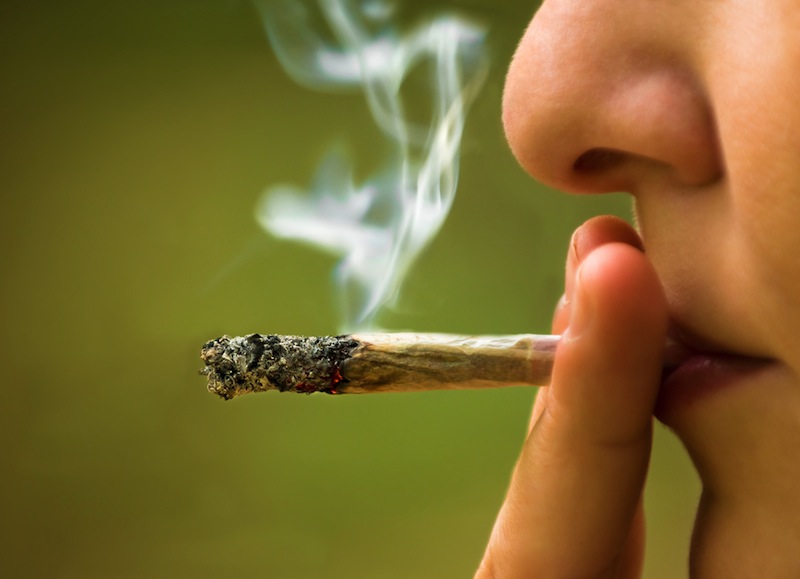Possible Treatment for Marijuana Abuse Found

Boosting levels of a naturally occurring compound in the brain could prevent people who abuse marijuana but are trying to quit from relapsing, a new study suggests.
Researchers studying drug-addicted rats and monkeys found that a substance called kynurenic acid blunted the rewarding effects of THC, the active ingredient in marijuana. Kynurenic acid works by blocking the receptors that increase the flood of good feelings brought on by the brain chemical dopamine.
"Any drug of abuse has to do with dopamine," said study researcher Robert Schwarcz, a professor of psychiatry at the University of Maryland, in College Park. "We found out few years ago that kynurenic acid controls dopamine. All we had to do was put those things together," Schwarcz said.
More people seek treatment for marijuana use in the United States than for cocaine or heroin use, surveys show. Yet there are no medications approved for treating marijuana addiction. [5 Bad Habits You Should Still Quit]
The THC in marijuana activates dopamine neurons in a brain region called the ventral tegmental area (VTA), causing the cells to release the feel-good chemical from nerves in the nucleus accumbens. Previous attempts to find a treatment for marijuana addiction showed that blocking receptors in the VTA and the nucleus accumbens prevented the surge in dopamine, but those treatments caused side effects.
The researchers speculated that kynurenic acid — which is produced by the breakdown of a chemical found in bananas and turkey, called tryptophan — may have fewer side effects, because it naturally controls dopamine levels in the brain.
To find out whether kynurenic acid could treat marijuana dependence, Schwarcz's colleagues gave rats and squirrel monkeys a drug that boosted their levels of kynurenic acid, while the animals were self-administering THC or a similar synthetic drug by pushing a lever.
Sign up for the Live Science daily newsletter now
Get the world’s most fascinating discoveries delivered straight to your inbox.
They found the rodents and monkeys were less likely to administer the THC or synthetic drug when they were on the dopamine-stifling drug, the researchers report online today (Oct. 13) in the journal Nature Neuroscience.
In another experiment, the researchers took the animals off of the THC or synthetic drug for a while, and then increased their kynurenic acid levels while giving them a small dose of THC, or a cue associated with taking the drug.
Boosting kynurenic acid prevented the animals from returning to their old drug abuse patterns. "We found that you can reduce dopamine levels and the animals behave differently — they don't have relapse, and don't abuse marijuana," Schwarcz told LiveScience.
While the results are promising, they have not yet been validated in humans. Furthermore, its possible the drug used to treat marijuana addiction could act on other parts of the brain, not only those involved in marijuana addiction.
Follow Tanya Lewis on Twitter and Google+. Follow us @livescience, Facebook & Google+. Original article on LiveScience.










